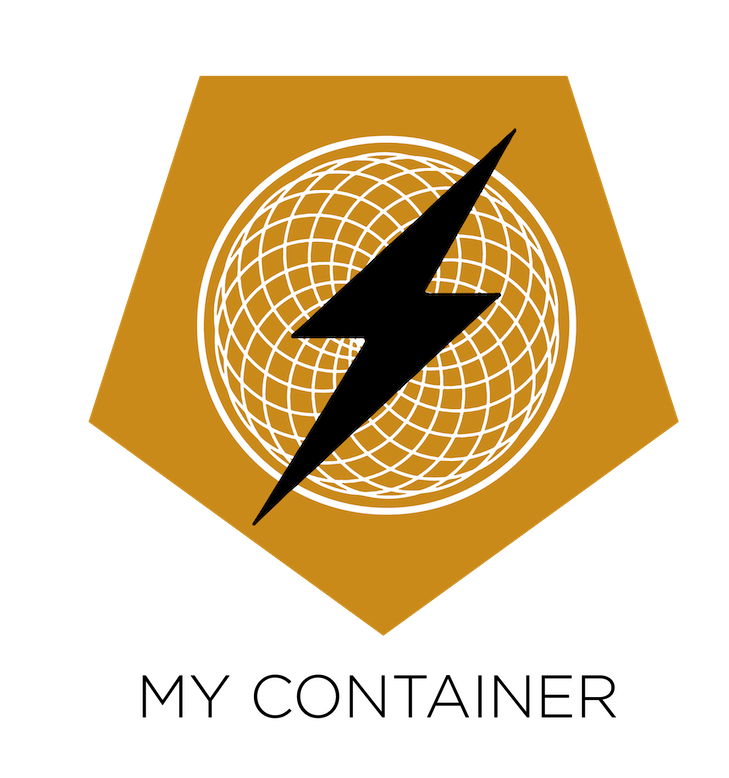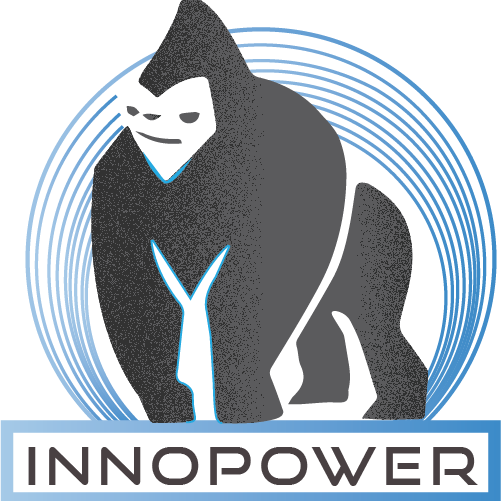
Our Mission Project MyContainer, inspired by the models of the third industrial revolution, smart grid and micro distributed generation, wants to contribute to the transformation of society by providing energy products are highly integrated, innovative and easy to use (user friendly) for the production of energy from renewable sources.
L’accesso ai servizi energetici moderni è indispensabile per lo sviluppo sostenibile. Tuttavia ben 1,3 miliardi di persone non hanno accesso all’elettricità e più di 2,6 miliardi si affidano alla biomassa tradizionale per cucinare e riscaldarsi.
Inoltre, si stima che 200-300 milioni di persone utilizzino il carbone per soddisfare le proprie esigenze di cucina e riscaldamento, principalmente in Cina, Uruguay, Corea del Nord e diversi paesi dell’Europa orientale.
Tra il 2011 e il 2013, il numero totale di persone a livello globale senza accesso all’elettricità è rimasto sostanzialmente invariato anche se alcuni paesi hanno fatto grandi balzi in avanti (in America Latina, il numero assoluto di persone senza accesso all’elettricità è sceso da 31 milioni a 24 milioni in questo periodo, mentre la popolazione senza elettricità nell’Asia in via di sviluppo è diminuita di 60 milioni, secondo IEA, World Energy Outlook 2011 (Parigi: IEA/OCSE, 2011) e IEA, World Energy Outlook 2013 (Parigi: IEA/OCSE, 2013).
America Latina e Asia in via di sviluppo (l’Asia in via di sviluppo è definita dall’IEA per includere Afghanistan, Bangladesh, Brunei, Cambogia, Cina, Taipei cinese, Corea del Nord Corea, Timor orientale, India, Indonesia, Malesia, Mongolia, Myanmar, Nepal, Pakistan, Repubblica democratica popolare del Laos , Filippine, Singapore, Sri Lanka, Thailandia, Vietnam e altri paesi asiatici) sono avanzati, mentre altre regioni sono rimaste più indietro. In India, il numero di persone senza accesso è aumentato da 17 milioni a 306 milioni e l’Africa ospita ora metà della popolazione mondiale senza elettricità.
Join us! It will only take a minute
Social Business enterprise
Access to modern energy services is indispensable to sustainable development. Yet as many as 1.3 billion people lack access to electricity and more than 2.6 billion rely on traditional biomass for cooking and heating.
Our Mission and Vision are important for the project outcome
We trust in a sustainable development of our environment
Survey actual status
Further, an estimated 200–300 million people use coal to meet their cooking and heating needs predominantly in China, Uruguay, North Korea, and several countries in Eastern Europe.
Between 2011 and 2013, the total number of people globally without electricity access remained essentially unchanged even as some countries made great leaps forward (in Latin America, the absolute number of people without electricity access declined from 31 million to 24 million over this period, while the population without electricity in developing Asia declined by 60 million, per IEA, World Energy Outlook 2011 (Paris: IEA/ OECD, 2011) and IEA, World Energy Outlook 2013 (Paris: IEA/OECD, 2013).
Numbers
Latin America and developing Asia (developing Asia is defined by the IEA to include Afghanistan, Bangladesh, Brunei, Cambodia, China, Chinese Taipei, DPR Korea, East Timor, India, Indonesia, Malaysia, Mongolia, Myanmar, Nepal, Pakistan, PDR Laos, Philippines, Singapore, Sri Lanka, Thailand, Vietnam, and Other Asia. ) advanced, while other regions fell further behind. In India, the number of people without access rose by 17 million to 306 million, and Africa is now home to half of the world’s population without electricity.
Project leader
Mike Ferraro, MyContainer inventor and project leader

